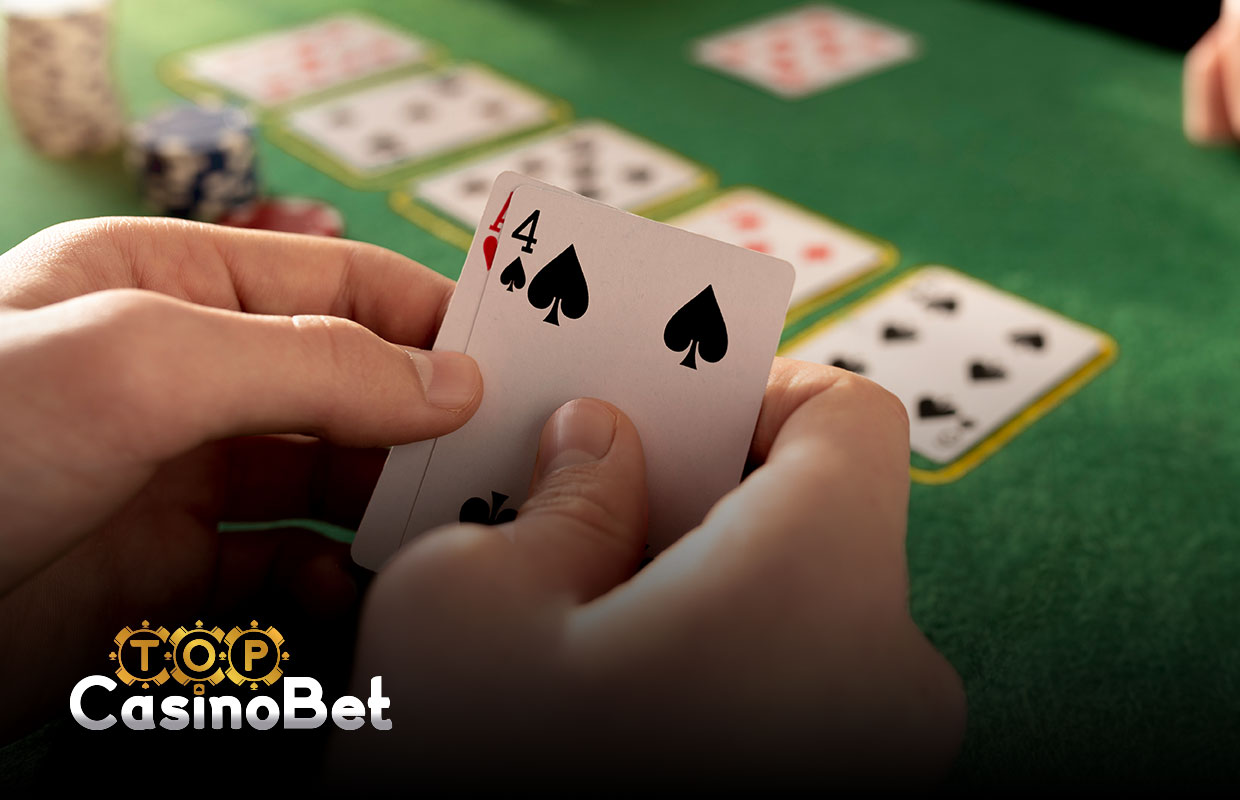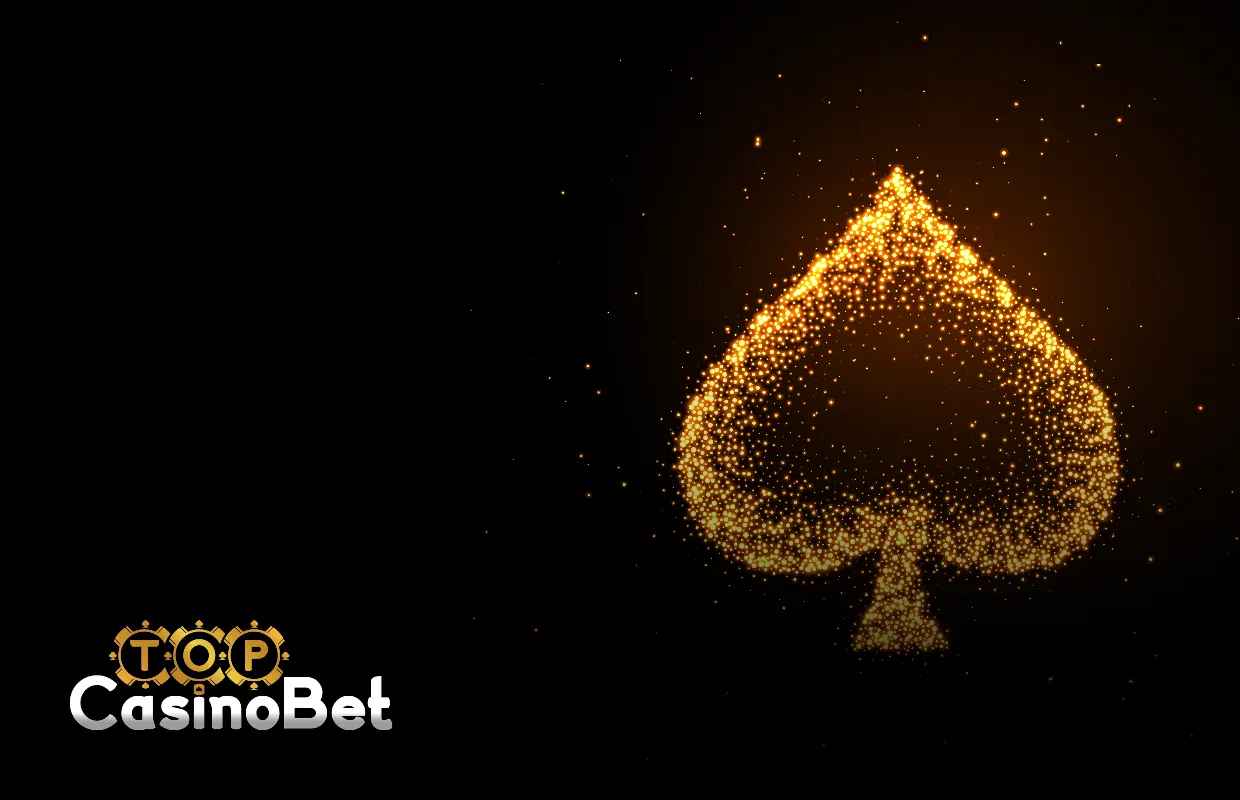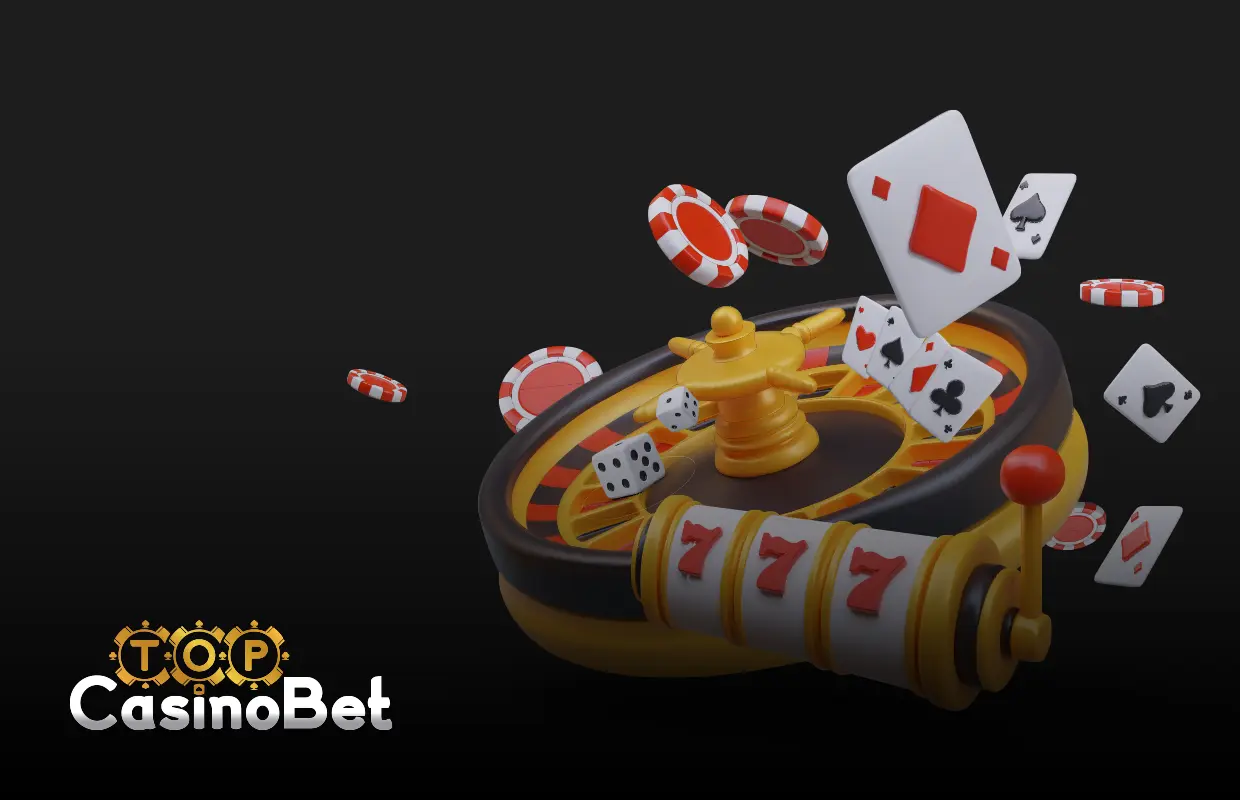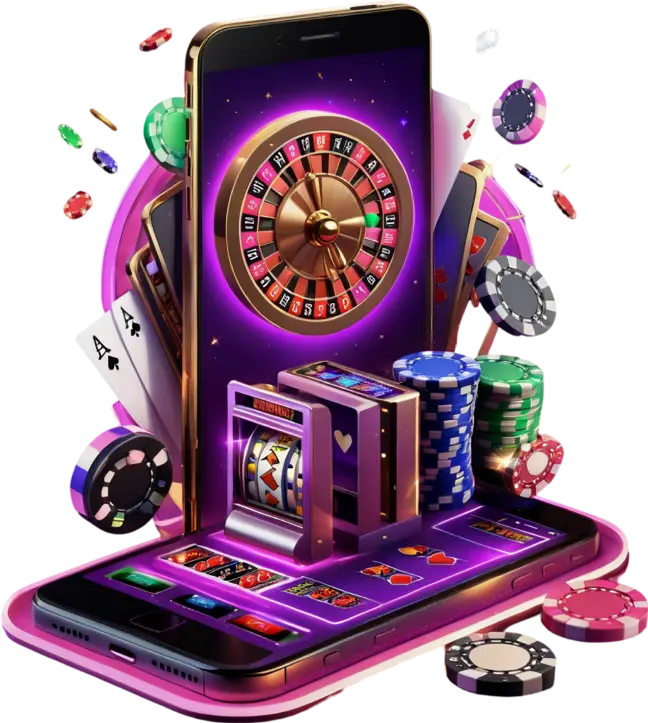


They are not just time-consuming; they are games that test your thinking. Strategy card games require forward thinking, so you won't make hasty decisions. You are using your brain regardless of whether you're playing against friends, online, or on board; you will remain mentally agile. These games are intellectually challenging to your memory, deductive reasoning, and decision-making. Some games will even require knowing your opponent like a book. Others need you to plan ahead of every move they make. There is everything from timeless versions to newly created versions. There is something for everyone! Let's take a look at the best strategy card games that keep people engaged.
Imagine playing card games only based on chance. In that sense, one could only win or lose simply based on one draw. Strategy card games are very much the opposite - you make choices based on your opponent's clues to inform your decisions to shape your outcome from the start. When you sit down to play a game of Bridge, Poker, Magic: The Gathering, or Dominion, you don't just have to consider the value of the cards; you also have to consider timing and how aware you are of where all players in the game are at the same time.
These games let you out-think, not out-luck, your opponents. You'll find yourself saying, "What cards did they play? What are they going to do with that? How do I utilize their move better?" That mental puzzle is what players of strategy card games come back to again and again.
Bridge, a game steeped in traditional card play, is the top game that is played as a partnership. Every player has a goal of negotiating a contract via a bidding process and then playing the contract. Memory, signals and careful counting make this a game based on camaraderie and quiet genius. If you want a game that is better over time, Bridge is for you.
Tip: Start with a base bidding system and then practice remembering which cards have been played. This one is slow to learn but gets deep.
Poker is a game that combines risk assessment, probability, and logic. The players can bet, fold or go all-in, based on information they either have or do not have. Over a set of hands, good players minimize losses and increase profits based on making good decisions, as well as exercising patience.
Tip: Understand pot odds and position. It is less about the cards and more about when to play and when to leave.
Magic allows you to create a deck of cards that consists of spells, creatures, and tricks. It requires planning for the long term along with tactical play. You take cards that work together, respond to the Meta, and repeatedly find new ways to innovate your strategy.
Tip: Begin with a pre-made deck, learn one style of play and start adding small changes.
Dominion started the whole genre of “deck building”. You buy cards every turn to improve your deck. The main goal is to be efficient; you want cards for improving your draw and revenue while minimizing weaker cards.
Tip: Be smart with your action and money cards; don’t fill your deck with cards that aren’t going to help you early to improve your deck.
This simplified, digital version of Magic is lighter but still requires strategy. You manage mana, choose card combinations, and play all at once. The digital elements, cards that trigger or transform; introduce aspects of strategy not possible in tabletop form.
Tip: Stick to one archetype (aggro, midrange, control), and refine your strategy in that archetype.
Splendor is about gathering gems and purchasing cards in order to build a wealth engine, while 7 Wonders Duel is civilization building with cards for two players. Each decision impacts the game but in different ways. They are easy to learn and play, but have surprising depth.
Tip: Always think ahead by at least two moves, especially without regard to the other player, regarding blocking them or setting up opportunities with combinations.
The best strategy card game for you is one that is a good fit and keeps your mind active. Whether it is the depth of team thinking in Bridge, the sharp math in Poker, the creative deck-building in Magic, or the elegant engines of Splendor; all of these games can be an enjoyable challenge. So, try a few, find your fit and get ready for your strategy journey, one clever card at a time.
Beginner-friendly strategy card games include Poker, Rummy, and Hearts. These are some of the most played strategy card games and can be learned quickly, yet provide enough strategy that players can progress to a high level of play.
Generally speaking, advanced strategy card games such as Bridge, Poker, and Magic: The Gathering require advanced strategy and planning, as well as reading opponents, to usually achieve a win.
Yes. You can practice and get good at strategy card games, like Solitaire, Hearts, and Poker, for free, using a variety of websites and apps.
If you are truly intent on becoming better at your selected strategy card game, read the rules of the game, watch videos of better players of the game, practice consistently, and try to learn about probability, timing and how to read what opponents are doing and what strategies they are attempting.


















THE BEST ONLINE CASINOS WE RECOMMEND